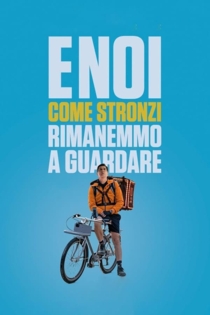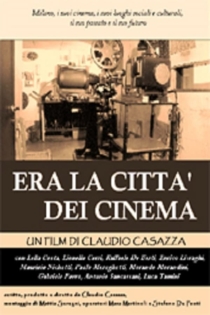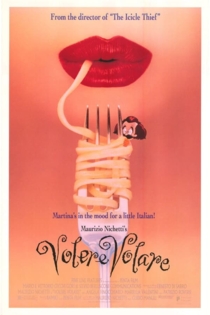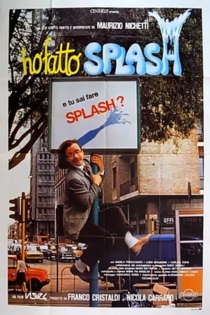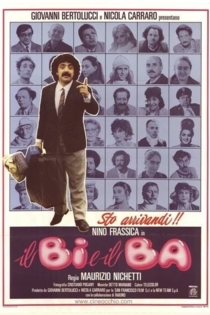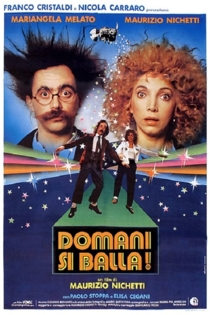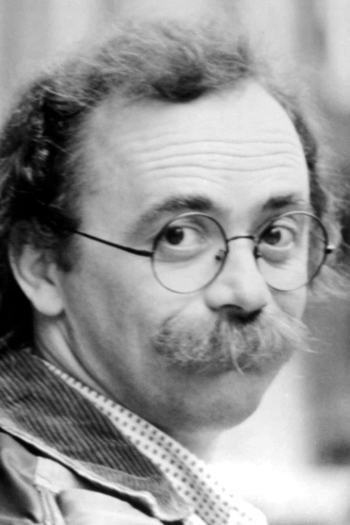
Maurizio Nichetti
1948 (77 лет)From Wikipedia, the free encyclopedia
Ciao America
Frank Ciota
Eddie Malavarca, Maurizio Nichetti
Having recently earned his college degree, Lorenzo Primavera (Eddie Malavarca) leaves his home in Boston to travel to his family's ancestral homeland in Italy -- as was requested by his late grandfather. Upon arriving, Lorenzo is offered a short-term position as coach for an American-style football team by the team's manager, Giulio Fellini (Maurizio Nichetti). As the young American immerses himself in his new duties, he makes the acquaintance of Paola Angelini (Violante Placido) and the two begin a friendship that quickly blossoms into something more. In between spending time with Paola and working with the team, Lorenzo also begins investigating his own family's history and learns the reason for his grandfather's departure from Italy, as well as why his grandfather never returned to visit. As Lorenzo begins to forge an identity for himself in Italy -- not to mention strong romantic attachments to Paola -- he must eventually decide whether or not to return to the States.
Ciao America
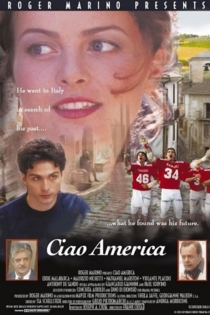
Allegro non troppo
Bruno Bozzetto
Maurizio Nichetti, Maurizio Micheli
The film is a parody of Disney's Fantasia, though possibly more of a challenge to Fantasia than parody status would imply. In the context of this film, "Allegro non Troppo" means Not So Fast!, an interjection meaning "slow down" or "think before you act" and refers to the film's pessimistic view of Western progress (as opposed to the optimism of Disney's original).
Allegro Non Troppo
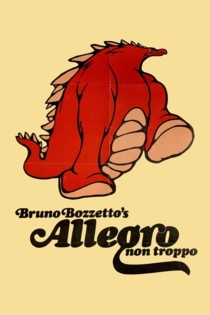
Morto Troisi, Viva Troisi!
Massimo Troisi
Massimo Troisi, Marco Messeri
The fake report about Troisi's death, with the direction of Troisi himself with Lello Arena and Anna Pavignano. A long of list people greet the comediam, from Gianni Boncompagni to Maria Giovanna Elmi. There is also Benigni, hidden behind a window, and Arena, his guardian angel.
Morto Troisi, viva Troisi!
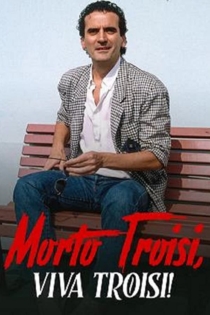
Cineastes contra magnats
Carlos Benpar
Marta Belmonte, Jesús Ángel Domínguez
How the cinema industry does not respect the author's work as it was conceived, how manipulates the motion pictures in order to make them easier to watch by an undemanding audience or even how mutilates them to adapt the original formats and runtimes to the restrictive frame of the television screen and the abusive requirements of advertising. (Followed by “Filmmakers in Action.”)
Filmmakers vs. Tycoons
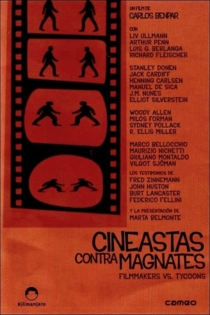
Ratataplan
Maurizio Nichetti
Maurizio Nichetti, Angela Finocchiaro
Misadventures of Colombo, an engineer in Milano. He is the only winner of an admission test for a job, and just for this reason he isn't hired. So he becomes a barman, and he discovers a special formula that turns simple water into the "Immortality drink". He is robbed of the magic water copyright. So he tries to set up a theatrical company, but the first show is a fiasco. Since finding a normal job seems a mission impossible, he tries to set the sentimental side of his life. He targets the most beautiful girl of his building, and for her he builds a robot able to dance like Tony Manero (John Travolta's character in Saturday Night Fever (1977)). The robot gets drunk (!). It is another fiasco. So he targets an ugly girl and finally with her succeeds to live his surreal world for ever.
Ratataplan
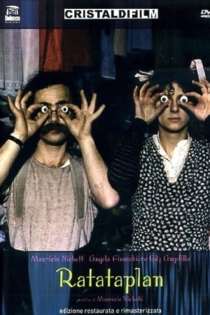
Ladri di saponette
Maurizio Nichetti
Maurizio Nichetti, Caterina Sylos Labini
Director Maurizio Nichetti is invited on TV to introduce a screening of his neo-realist classic 'The Icicle Thief'. He is horrified to discover that his black-and-white tale of life in poverty is constantly interrupted by garish color commercials, and even more horrified when a power cut in the studio causes film and commercials to mix up – a glamorous model finds herself in the arms of an unemployed pauper, while his wife finds herself in consumers' heaven. Nichetti has to break into the film to try to sort everything out.
The Icicle Thief
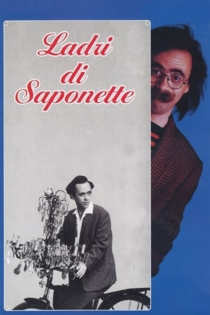
Di me cosa ne sai
Valerio Jalongo
Roberto Andò, Francesca Archibugi
Until the 1970s, Italian cinema dominated the international scene, even competing with Hollywood. Then, in just a few years, came its rapid decline, the flight of our greatest producers, a crisis among the best writer-directors, the collapse of production. But what are the true causes and circumstances of this decline? In an attempt to provide an answer to this question, Di Me Cosa Ne Sai strives to depict this great cultural change. Begun as a loving examination of Italian cinema, the film transformed into a docu-drama that alternates between interviews with the great names of the past and fragments of cultural and political life of the last 30 years. It is a travel diary that shows Italy from north to south, through movie theatres; television-addicted kids; Berlusconi and Fellini; shopping centers; TV news editors; stories of impassioned film exhibitors and directors who fight for their films; and interviews with itinerant projectionists and great European directors.
What Do You Know About Me
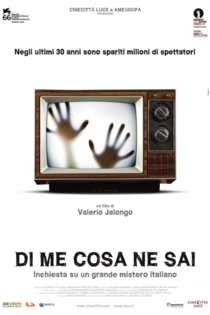
Stefano Quantestorie
Maurizio Nichetti
Maurizio Nichetti, Elena Sofia Ricci
Stefano is now forty years old but has not yet found his purpose in life, remaining an eternal dreamer waiting for that decisive enlightenment. With his parents who have great plans for him, Stefano realizes that he lost most of his years without a real goal and thinks back to all those missed opportunities that could have led him to another path, between old loves and unexploited opportunities .
Stefano Quantestorie
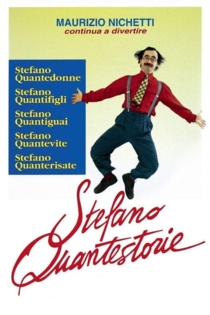
E noi come stronzi rimanemmo a guardare
Pif
Pif, Fabio De Luigi
Arturo loses his tech job to an algorithm he himself created. The rest of his life quickly crumbles and he ends up working as a delivery man for FUUBER, shuttling take-out orders around town while his movements are monitored and evaluated by an unreasonably strict app. His only solace comes from Stella, a hologram girlfriend also connected to a FUUBER app whose free trial is running out. Unable to afford a subscription due to the financial uncertainty of his new job, Arturo decides to take a stand...
On Our Watch
